There are basic guidelines in design, equipment, and management that can ensure kitchen efficiency these include and are not limited to; using the right equipment, frequently maintaining your equipment, reducing water consumption, using efficient lighting, decreasing heat usage, shutting down idle equipment, having a proper layout for eased access and movement, and training staff for optimum output and knowledge among others.
Our experts give the main principles of an efficient commercial kitchen to consider from equipment to energy management and design. Its planning takes into account the distance between workstations, and food preparation streamlining and ensures that orders are prepared gats and without unnecessary overwork.
Energy Efficient Commercial Kitchen Equipment
As you design your kitchen it is important to note energy utilization and how to efficiently consume energy without much wastage. This can be done through:



- Consider energy-efficient equipment like ovens. For instance, using a combi-oven can cut costs by 50% by combining steam with convection, not only helping to speed up the cooking process but improve air circulation at the same time.
- Modern and new models of fryers are offering cooking with less oil and they often feature faster cooking options built with sensors.
- Using induction cooktops or hobs allow you to only use energy when you need it; the induction hob turns on when you place the pan on it.
- Use of Modern ware washing systems that can accommodate pots, pans, crockery, and glassware, removing the need for pre-washing, and saving energy and water.
- Consider multi-functional equipment. A great example is the Rational iVario Pro “bratt pan”, which can boil, fry, deep-fry, pressure cook and more.
Efficient Kitchen Design and Planning
Kitchen design takes into account the relevant spacing needed and the placement of complimentary equipment strategically. This allows one to always optimize sections, with no wasted space. Storage of raw materials, the distance between key appliances, waste management, and disposal, wash up and ware washing area, finished dishes area and serving route, and many more.

Improving kitchen efficiency will in the long run even help reduce staff, and bills and increase efficiency as well as profits. It is important to seek experts in kitchen design and planning of equipment to be able to exploit the benefits of running an efficient kitchen.
There are many more tips and factors to consider in designing, planning, and operating your kitchen equipment but most importantly ensure you engage professional kitchen fit-out and equipment consultants to guide the process. Henson Kitchens guides, designs, and fits commercial kitchens across East Africa. Contact us for more guidelines, efficiency audits, and supply and maintenance of commercial kitchens.

